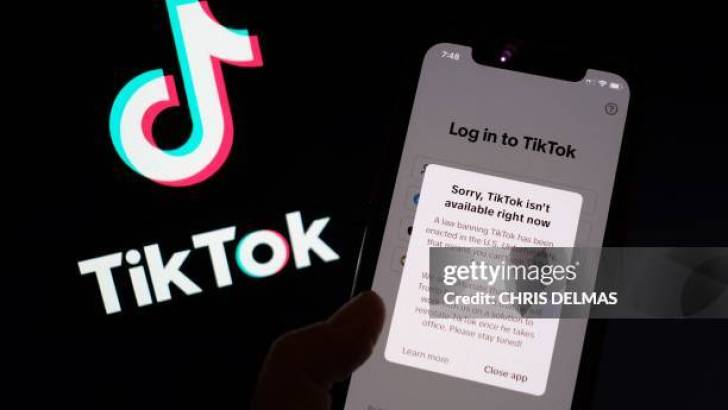US officials and lobbyists say the push to ban the Chinese-owned application gained momentum during the war on Gaza
By MEE Staff, Reposted from Middle East Eye
The main reason behind the United States‘ push to ban social media application TikTok is due to Israel’s image rather than fears of Chinese infiltrations, congressional insiders have revealed.
At the Munich Security Conference, US Senator Mark Warner, the top Democrat on the intelligence committee, said he wished to reveal what he called the “real story” behind the recent legislations to restrict the Chinese-owned application.
Warner’s fellow panelist Mike Gallagher, a former US congressman and current Palantir executive, was the one who first introduced the bill in 2023, claiming TikTok was a national security threat.
“So we had a bipartisan consensus,” Gallagher said. “We had the executive branch, but the bill was still dead until October 7th. And people started to see a bunch of antisemitic content on the platform and our bill had legs again.”
According to independent journalist Ken Klippenstein, this case follows many reports of Israeli officials and lobbyists telling anyone they could in Washington about TikTok’s effect on young Americans’ public view of Israel.
A memo produced by the State Department for its Near East Affairs diplomats, which Klippenstein obtained, describes how Israel’s deputy director general for public diplomacy at the foreign ministry, Emmanuel Nahshon, blamed the youth’s opposition to the war on Gaza on TikTok’s algorithm.
“Nahshon disagreed with Russo’s assertion that the United States and Israel faced a major credibility problem as a result of the unpopular war on Gaza,” the memo read. “The Israelis seemed oblivious to the fact that they are facing major, possibly generational damage to their reputation not just in the region but elsewhere in the world.”
The memo added that Nahshon said the youth’s public opinion was shifting because “the Tik-Tok algorithm favours pro-Palestinian content”.
Several US lawmakers and prominent figures have been attacking the platform due to the alleged prominence of pro-Palestinian content on it, including Republican senator and former presidential candidate Mitt Romney.
“Some wonder why there was such overwhelming support for us to shut down potentially TikTok or other entities of that nature,” he said in May. “If you look at the postings on TikTok and the number of mentions of Palestinians, relative to other social media sites – it’s overwhelmingly so among TikTok broadcasts.”
Nikki Haley, another former Republican presidential candidate who last year infamously signed an Israeli bomb meant for Gaza with “finish them”, said she believed that simply watching videos on TikTok would make a user antisemitic.
TikTok was briefly banned in the US after a law that forced its Chinese owner ByteDance to either sell it on national security grounds or face a ban on 19 January.
While President Donald Trump temporarily reversed his Democratic predecessor’s TikTok ban the day after he took office, the application’s future in the country, as well as the state of its pro-Palestine content, remains unclear.
When the application was available to Americans again in late January, many users pointed out that phrases like “free Palestine” were being flagged as hate speech, raising concerns about potential censorship on the platform following its return to the US.
RELATED:
- Israeli documents show expansive government effort to shape US discourse around Gaza war
- International campaign is criminalizing criticism of Israel as ‘antisemitism’
- Israel’s 24-7 ‘War’ on Palestine Rights Movement Advances Anti-boycott Legislation, Torpedoes Events
- Anti-Defamation League ramps up lobbying to promote controversial definition of antisemitism
- WATCH: Candace Owens & Briahna Joy Gray say criticism of Israel is “red line” for media





